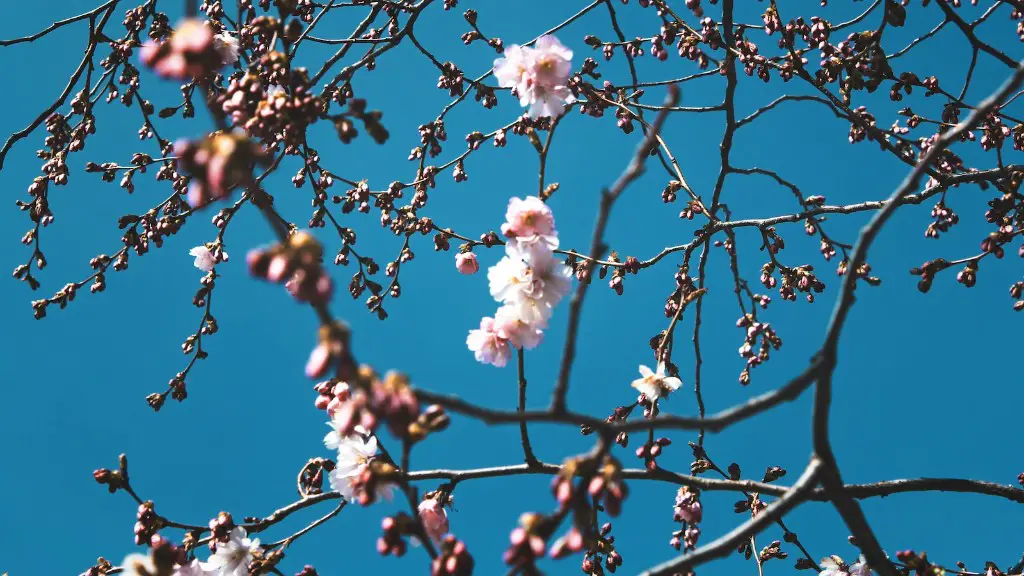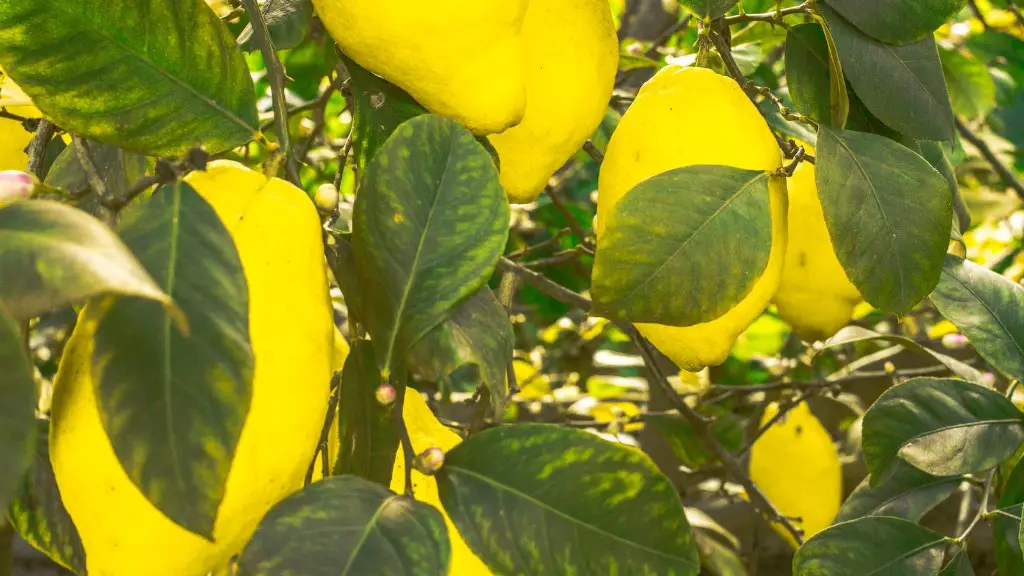The drying up of lemon tree leaves can be caused by a wide range of environmental, biological and mechanical factors, but the most commonly observed culprit is inadequate water. Without adequate water, the leaves on the tree become dry and brittle, which eventually leads to yellowing, browning and curling. In order to minimize this problem, regular and thorough watering is required. Of course, there are other reasons why the leaves may be drying up, such as over-fertilisation, pests, disease, extreme temperatures and even mechanical damage. Below I will explain the above in more detail.
Water
Not enough water can be a major cause of the lemon tree leaves drying up. If the lemon tree does not receive enough water, it is deprived of the essential nutrients it needs to grow and flourish. This leads to the leaves looking dry, yellow and brittle. In addition, too much water can also damage the roots and make the leaves wither. To prevent this from happening, it is important to water the tree regularly and thoroughly.
Over-Fertilisation
Another factor which may cause the lemon tree leaves to dry up and yellow is over-fertilisation. Fertilisers provide essential nutrients to the soil and the tree, but if too much is added, the soil will become overly acidic and burn the plant’s roots. This can cause damage to the leaves, resulting in drying and yellowing. It is thus important to fertilise the lemon tree correctly. If possible, use organic fertilisers instead of synthetic ones, as these do not contain potentially harmful chemicals.
Pests and Disease
Pests and disease may also be responsible for the lemon tree leaves drying up. Common pests of lemon trees include citrus leafminer, citrus thrips, citrus whitefly and citrus aphids. All of these are small sap-sucking insects that can cause yellowing and loss of leaves. Diseases, on the other hand, such as Citrus Canker and Citrus Black Spot, can cause severe damage to the tree’s foliage. If you suspect an infestation of pests or a fungal disease in your lemon tree, it is important to act quickly and contact a professional if needed.
Extreme Temperatures
Extreme temperatures can also be a major contributor to lemon tree leaves drying up. During hot summer days, the tree’s leaves may become dry and brittle due to excessive heat. In cold winter months, the freezing temperatures can also cause dehydration of the leaves. In order to avoid this problem, it is important to protect the tree by supplying extra water, mulch and shade.
Mechanical Damage
Mechanical damage can also cause the lemon tree leaves to dry up. If the tree is cut or pruned too severely, it can result in the loss of leaves. Additionally, if the tree has been planted in a windy location, the gale force winds may cause dehydration of the leaves. It is thus important to protect the tree from wind and excessive pruning.
Nutrient Deficiencies
Finally, another common reason why the leaves of a lemon tree dry up and yellow is a lack of essential nutrients in the soil. This could be due to over-fertilisation or insufficient fertilisation. To prevent this from happening, it is important to feed the tree with the correct mix of fertilisers in order to ensure good health of the plant.
Corrective Measures
It is important to take preventive and corrective measures in order to minimize the damage caused by drying up of lemon tree leaves. For instance, adequate water and correct fertilisation is necessary to ensure the tree has access to the essential nutrients it needs to flourish. Additionally, pests and diseases should be regularly monitored and controlled. Shade, wind and extreme temperatures must also be taken into account. Finally, if mechanical damage is observed, pruning and cutting should be done in moderation.
Temperature Control
Temperature is also a major factor in drying out of lemon tree leaves. Blistering days in summer can result in the leaves becoming dry and brittle, while freezing temperatures in winter can also cause dehydration. To prevent this happening, extra shade, water and mulch can help to protect the plant from extreme temperatures. Additionally, a temperature controlled environment can be set up to replicate more favourable conditions for the lemon tree.
Nutrient Composting
The nutrient levels in the soil can also affect the health of the lemon tree. To replenish essential nutrients, composting is recommended. Composting helps to replenish the soil’s nutrient content, giving the lemon tree an extra boost. It is also important to correctly fertilise the soil with the correct mix of fertilisers, as this will ensure the correct nutrients are supplied to the lemon tree.
Good Washing Habits
Also, good washing habits can help to keep the condition of the lemon tree healthy. Regular washing of the leaves helps to remove dust and pests, which can damage the tree. Additionally, it can also help to reduce the amount of water lost through evaporation. Finally, spraying the tree with diluted lemon juice can help to discourage pests and disease.
Managing Pests and Disease
It is also important to manage pests and diseases properly to ensure the long-term health of the lemon tree. Some common pests, such as citrus leafminer and citrus thrips, can be controlled using insecticides. However, if the infestation is more severe, it is recommended to contact a professional for advice. Similarly, diseases can be managed using fungicides, but it is always best to consult with a professional in order to identify the cause of the disease and take appropriate measures to remedy the situation.


